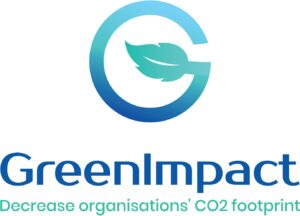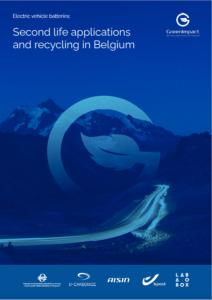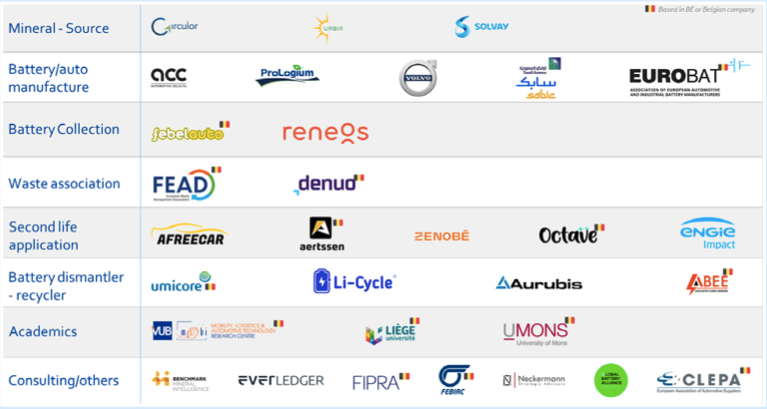
In the quest for zero emission mobility, one of the greatest challenges facing regulators, automakers, suppliers, and other stakeholders is the need to ensure independence in the production and recycling of batteries, at least at a European level, in order to support the electrification of mobility and to facilitate the storage of renewable energy.
In December 2022, Frédéric John of D-Carbonize presented the findings of a collaborative study by Green Impact and Martin Kahl (Kovetic) on electric vehicle (EV) battery recycling and second life applications to Belgium’s Deputy Prime Minister and Federal Minister of Mobility and Transport, Georges Gilkinet.

Six months of intensive research and over 30 interviews with leading players from the entire EV battery value chain, from raw material sourcing to recycling, led us to the conclusion that the main challenges facing players in this sector can be summarised as CARS:
- Chemistry
- Autonomy
- Regulation
- Shipment
Follow this link to download the report
From 2030, sales of new cars with gasoline and diesel internal combustion engines (ICEs) will end in the UK. Other countries will follow: the European Union has announced a 100% cut in CO2 emissions from new vehicles sold by 2035. This effectively outlaws new ICEs, and implies a switch to battery electric vehicles (BEVs). And in China, ICE bans will be introduced in some regions in 2030, with a requirement for so-called new energy vehicles only to be sold nationwide from 2035.
Follow this link to download the report
From 2030, we will also see a notable increase in the volume of used EV batteries ready for recycling, as batteries in vehicles on the road deplete to 80% or less of their initially intended energy storage capacity and reach the end of their optimum life in an EV, known as end of life (EOL) batteries.
But what happens to EOL batteries is influenced by a range of factors, from technological expertise, to policy, regulation, infrastructure, logistics, and geography. Focusing on the role that Belgium can play in meeting this challenge illustrates the potential of a small European country to lead this revolution, but many of the key messages are relevant to any country assessing its future mobility strategies.
This report is based on extensive desk research, and in-depth interviews with experts from a wide range of organisations, including:

- Aertssen Group
- Aurubis
- Benchmark Mineral Intelligence
- Avesta Battery and Energy (ABEE)
- Bebat PRO
- CLEPA (European Association of Automotive Suppliers)
- Denuo
- Everledger
- FEAD
- Febelauto
- FIPRA International
- IPCEI Batteries
- Global Battery Alliance (GBA)
- Neckermann Strategic Advisors
- Octave Energy
- ProLogium Technology
- RENEOS
- SABIC
- Solvay
- Umicore
- Urbix
- Volvo Cars
- Vrije Universiteit Brussel, Brussels (VUB)
- Watt4Ever
- Zenobé Energy
Thank you to our partners for supporting this study:
Thank you to Umicore for hosting the public release.
Umicore press release: “Our country must become a world leader in the recycling and reuse of batteries for electric vehicles” : Georges Gilkinet
Follow this link to download the report
For more information, please contact Martin Kahl or Frédéric John.